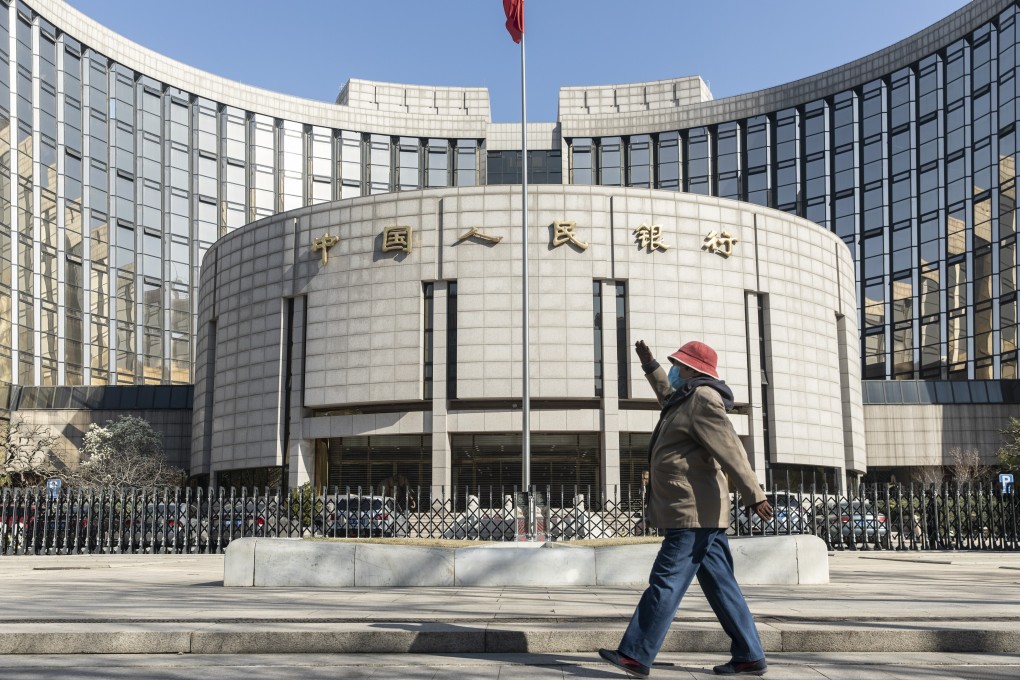Why China is asking banks to sacrifice profits and tightening property sector controls
- With limited policy room and a deeply leveraged economy, China’s central bank is pushing forward with new policy thinking, implementing targeted measures in specific sectors

Specifically, the measures aim to control the scale of property developers’ debt. The red lines are: a 70 per cent upper limit for a developer’s debt-to-asset ratio after excluding advance receipts; a 100 per cent upper limit for the net debt-to-equity ratio, and; a one-to-one down limit ratio for cash against short-term debts.
Media reports also said property developers would be classified according to the key debt indicators. Those at the red and yellow level would be subject to tighter access to funding.
That said, while property tightening sounds familiar, the approach has been different this time – Beijing is focusing on targeted measures. In the past, the central government preferred blanket tightening – for instance, raising the interest rates of mortgage loans, or having banks comply with a limit for property financing.

